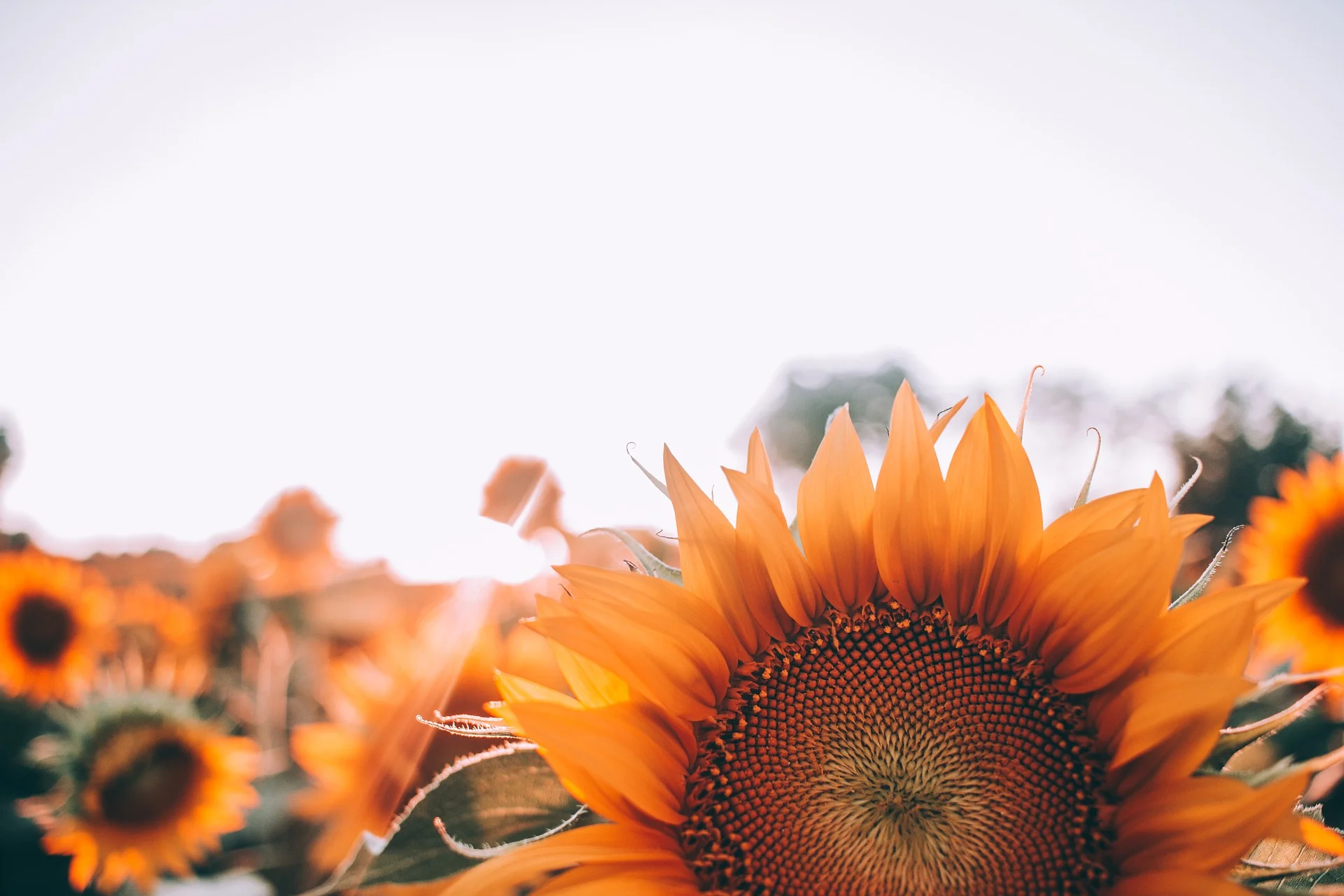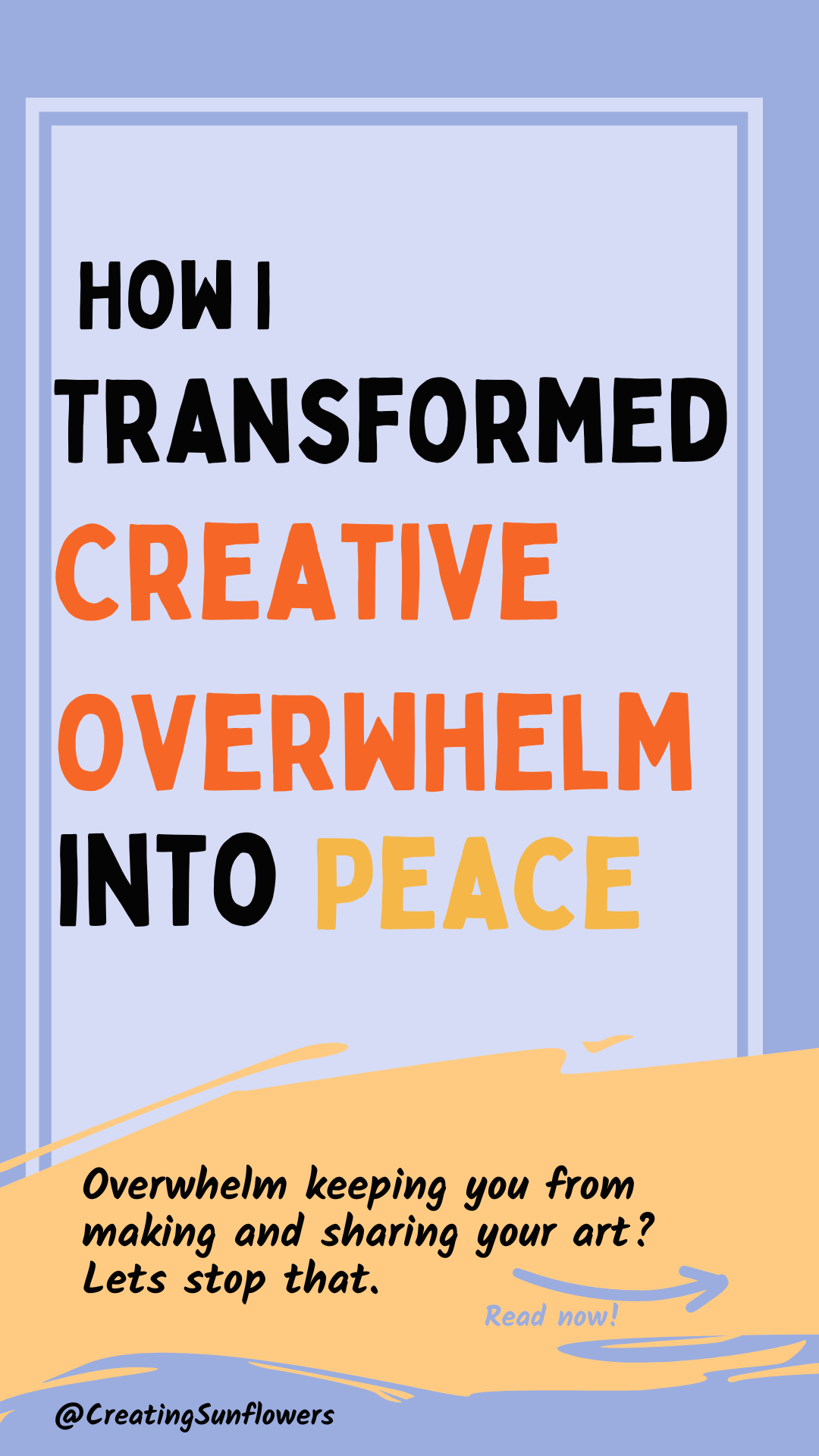What Self Awareness Is
Self awareness is one’s ability to objectively view their environment and what makes up the self. This can be knowing your emotions, desires, beliefs, strengthens, and weaknesses.
Self awareness is a skill or ability that can be cultivated to help you better understand and work with yourself. The key to mastering everything self(from self esteem to processing your environment) is self awareness.
External self awareness(understanding how other people view you) can make you more understanding of other people’s viewpoints and more empathetic.
Internal self awareness(how you see yourself and situation) will help you to have more happiness and self control. As well has been associated with higher satisfaction in both work and relationships.
Why Self Awareness is So Important
Self awareness gives you the ability to regulate your thoughts and emotions. You become more aware of the consequences of your actions and can, therefore, lead a more whole life where you stick to your values and have a strong sense of who you are. You can build up your confidence and banish low self esteem. You listen to your body and take the best care of yourself that you can. You learn self acceptance and emotional awareness as your self awareness grows.
By growing your self awareness, you not only know yourself better, but you have more wisdom that you can apply. When you practice self reflection and insight(both apart of self awareness) you feel better and have a better outlook on yourself. Over time as your wisdom grows, you become more understanding. Wisdom makes you more reflective and compassionate and in turn more likable and happy. Self awareness can be especially important for your mental health.
Negative thoughts and patterns can be noticed and broken when you have more self awareness.
Do you Lack Self Awareness?
Self awareness test. People who are unaware of themselves tend to be nonobservant of themselves and the effect of their actions. This could look like:
Unbalanced Emotions: Self awareness helps to keep emotions in check. A person without self awareness will not be able to control their emotions and may have more adverse reactions to stressful situations.
Need to be in Control: Someone who micromanages or always has to be the one to decide, probably doesn’t have self awareness because they deem their opinion the only right one and cannot see the situation from anyone else’s perspective.
Defensive: People without self awareness will not be able to own up to their mistakes and will instead find everything to blame but themselves. The smallest comment could send a person lacking self awareness into defense mode where they deflect and cannot take responsibility.
Inconsistency: When you have self awareness, you will try to live a life where you live authentically. But when you have no self awareness, you will not be able to see the way you act and will have no set values to live by.
As well, people lacking self awareness will typically engage in behaviors that keep them separated from the self. These behaviors could include:
Watching TV
Overusing Social Media
Using Drugs
Overeating
Extreme Sexual Behavior
Oversleeping
And potentially many more. Obviously, these behaviors are not all bad, but when used as an escape from the world and oneself, they are not conducive to being happy or self aware.
How to Become Self Aware
Self awareness is a skill. This means that it has to be cultivated through practice. When looking for insight into one’s self, you should focus on asking “what” questions. “What” questions inspire better insights and keep you objective, as opposed to “why” questions which can become more emotional and create rumination. These are some self awareness activities that you can practice:
Meditation - Mindfulness practices and meditation go hand in hand when it comes to self awareness. This is because they allow you to check in with yourself and your body, and become aware of your thoughts, feelings, and emotions.
Journal - Write down your goals, feelings, and anything that feels true to you. Use this as a form of self introspection and try to practice it daily. You will get a feel for your patterns, triggers, and anything else that you record.
Ask for feedback - This could be at work or with your trusted friends and family. When you ask for an honest breakdown of how you’re doing, you can get feedback from a more objective source. The biggest part of this is that you actually absorb the information that you are being given.
Listen to your Intuition - You know that gut feeling? Follow that. Follow your excitement and do things that you’ve always wanted to do but never had the courage or time to. It takes some level of self awareness to actually know if it is your intuition or ego talking.
Try new things - Learn more about yourself by stepping out of your comfort zone. You might even find something that you love(or find out that something is just not for you).
Learn about yourself - Not only does everything else on this list help you learn about yourself but there are many other ways you can do it too. This could be through online tests like personality ones(Myers-Briggs, etc.), your love languages, or even your astrology birth chart. Whatever it is, it can help you to understand different parts of yourself.
10 Questions to Ask Yourself to Become More Aware
How would you describe yourself in as little words as possible?
What do you want from life?
What role have you played in the situation that you’re in?
What are you the most afraid of?
What trait do you most value in yourself?
What trait do you most value in others?
How do you deal with stress?
How much of an effect do your emotions have on you?
What are the most important things in your life?
Do you like who you are right now? (If, no, what can you do to change that?)
How Much is Too Much?
Self awareness, seems like a good thing but when it spirals into self criticism, it actually can hurt your happiness.
If you are too self focused or it feels like you are under constant scrutiny(eg. Celebrity, public eye, anxiety, etc.), you may participate in activities where you avoid oneself. Almost as if you were unaware.
There is also a struggle for people with self awareness between who they are and who they believe they are supposed to be. These self discrepancies are found in people who struggle to accept themselves and believe that they lack something. Their self awareness allows them to see the “problem” but not see themselves as already whole.
Self awareness, when coupled with the right mindset, gives you the power to know and believe in yourself. People with healthy self awareness are happier, more content, and can trust in themselves.
Self awareness is also important for personal growth, because, it allows you to find areas that need improving. Personal development is best when you can identify what you need more work on and where you are doing good. It helps you stay on track and keeps you consistent. Self awareness is the key to embracing yourself and getting the most out of life.

















































